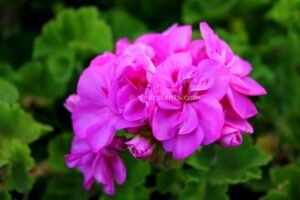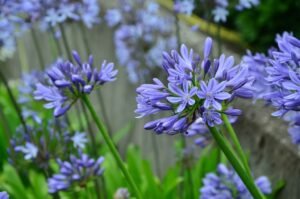Coneflower ‘Henry Eilers’ (Rudbeckia subtomentosa ‘Henry Eilers’) is a perennial plant that can grow 50cm – 1.5m tall and 50cm – 1.5m wide. In this growing guide we’ll learn the cultivation details and how to plant Coneflower ‘Henry Eilers’ (Rudbeckia subtomentosa ‘Henry Eilers’).
This plant is commonly known as coneflower ‘Henry Eilers’.
This is a deciduous plant that takes 2-5 years to reach full maturity.
In this article
Plant profile
Common name: coneflower ‘Henry Eilers’
Scientific name: Rudbeckia subtomentosa ‘Henry Eilers’
Plant type: Perennials
Habit: Bushy
Height: 50cm – 1.5m
Spread: 50cm – 1.5m
Foliage: Deciduous
Sunlight: Full Sun, Partial shade
Soil: Clay, Loam, Sand
Moisture: Moist but well drained
Garden type: Informal Garden, Wildflower meadow
Planting type: Cut Flowers, Flower borders and bedding
Other characteristics: Plants for pollinators
Seasonal colors
| Season | Stem | Foliage | Flower | Fruit |
|---|---|---|---|---|
| Spring | ||||
| Summer | ||||
| Autumn | ||||
| Winter |

How to plant Coneflower ‘Henry Eilers’ (Rudbeckia subtomentosa ‘Henry Eilers’) – Krzysztof Ziarnek, Kenraiz, CC BY-SA 4.0, via Wikimedia Commons
Perennial plants are one of the largest groups of plants.
They offer color, shape, fragrance and seasonal textures. The variety is such that there are plants to suit all sizes and styles of garden.
Traditionally, perennials are grown in borders, using a wall or hedge as a backdrop to bring out all their splendor during summer.
But since most gardens are not large enough for long borders dedicated exclusively to perennials, they are usually planted in mixed borders and beds, along with shrubs, annuals, biennials, and bulbs that extend the season of interest.
[yarpp template=”yarpp-template-genus” require_tax='{“genus”: 1}’]
How to plant
In this section we will learn how to plant Coneflower ‘Henry Eilers’ (Rudbeckia subtomentosa ‘Henry Eilers’), know its needs in terms of soil, watering and sun exposure.
Soil
Coneflower ‘Henry Eilers’ (Rudbeckia subtomentosa ‘Henry Eilers’) is not a demanding plant regarding the type of soil and can grow in clay, loam or sand.
-
Clay soil is composed of more than 25 percent clay particles. These particles have a high moisture holding capacity and the soil is heavy to dig and can be waterlogged in winter (dry in summer).
-
The loam soil is dark, rich in organic matter but balanced in minerals. It offers the best of all worlds, retaining enough water for the plants, but allowing excess moisture to drain away. This is the most desired type of garden soil, perfect for most plants.
-
Sandy soil is light, porous and very easy to drain. It is a soil poor in organic matter and nutrients. It is composed of relatively large mineral particles that allow water to drain quickly.
It is not very sensitive to soil acidity or alkalinity and grows well in soils with pH acid, alkaline or neutral.
Regarding drainage, Rudbeckia subtomentosa ‘Henry Eilers’ likes to grow in moist but well drained soil.
Sunlight
Coneflower ‘Henry Eilers’ (Rudbeckia subtomentosa ‘Henry Eilers’) is a plant that should be grown in full sun or partial shade positions.

Cultivation profiles – Growing Coneflower ‘Henry Eilers’ (Rudbeckia subtomentosa ‘Henry Eilers’) – DC Gardens, CC BY 2.0, via Wikimedia Commons



